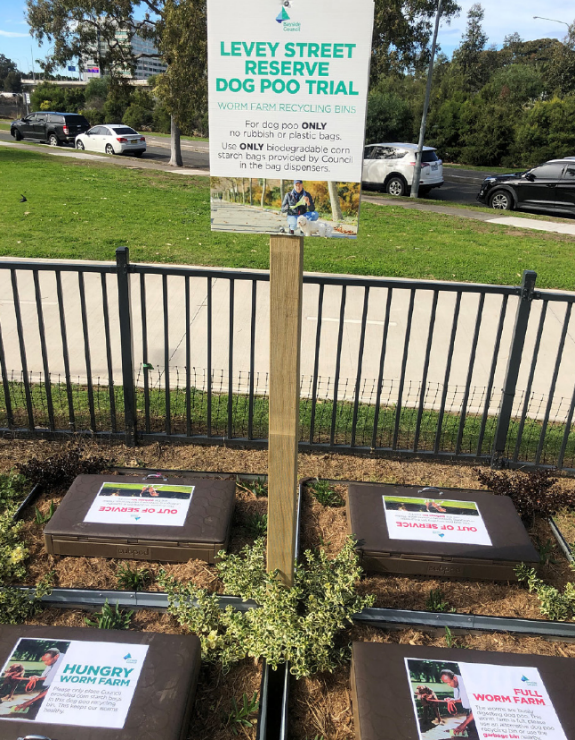Bayside Council, NSW
Circular Waste Strategy and Action Plan Program
The Initiative
In July 2018, Bayside Council embarked on a circular economy journey by introducing the Waste Avoidance and Resource Recovery Strategy 2030.
Achieving this vision and providing sustainable waste management requires the conceptualisation, implementation, trialling, and constant improvement of ‘collective impact initiatives’. These need to be guided by a strong vision, effective leadership, and structured collective participation to enable us to reach common shared goals.
In 2023, Council has initiated a project which will see up to 90 percent of the 2,500 tonnes of material collected by mechanical road sweepers diverted from landfill.
Recent key initiatives and outcomes of this rolling Strategy, include the following.
- Up to 18,000 tonnes of organic material is extracted annually from the general waste bins at an advanced treatment facility.
- Council successfully obtained a NSW Environment Protection Authority grant ($1.255 million) to introduce source separated organics infrastructure in 2024 and transition to FOGO by 2030.
- Implementation of garden beds at off-leash fenced dog parks, where the soil is nourished using a rotational dog poo worm farm and compost bin system, helping the community see beyond this as a nuisance waste.
- Council’s entire annual road re-sheeting program specifies/mandates the use of recycled crushed glass (570 tonnes or 2.6 million glass bottles) and reclaimed/recycled asphalt (4,455 tonnes).
- Improvement of Council pollution control devices including litter booms, trash racks, litter-guard devices, sediment traps, tidal flaps and gross pollutant traps to divert 225 tonnes annually, recovering organics, soils and recovered fines as well as water.
- Initiation of a project in 2023 which will see up to 90 percent of the 2,500 tonnes of material collected by mechanical road sweepers diverted from landfill.
- Expansion of the materials accepted at 22 Community Recycling Events annually whereby the community can drop off items to be reused, repaired or recycled, diverting over 170 tonnes from landfill, including voluminous items such as polystyrene.
- Introduction of smart technology, custom surveillance trailers, convenient and affordable methods of disposal, and education has assisted in reducing illegal dumping incidences by 10 percent, and weight by 27 percent per capita.
- Implementation and improvement of a ‘smart-cities’ beach litter prevention program which prevents 60 tonnes annually from entering our waterways using 80 bespoke litter bins on the beach with LoRaWAN linked sensors
- Creation of an interactive mapping system of all dwellings within Bayside, including waste collection points, bin infrastructure condition, and service frequencies linked to rates to improve service delivery and customer service.

About the category
The ‘Waste Management’ category recognises local government initiatives which:
- improve resource recovery and reduce amounts of waste generated in order to benefit human health, the environment and the economy;
- increase use of recycled material and build demand and markets for recycled products;
- better manage input and output of waste materials, to benefit human health, environment and economy;
- improve information to support innovation, guide investment and enable informed community decisions relating to waste management; and/or
- support the transition to a circular economy by transforming waste into sustainable resources.
Successful initiatives in this award category benefit communities by:
- creating employment opportunities, protecting the environment, and better managing valuable and finite resources
- recognising the opportunities waste materials can provide and the economic value they retain; and/or
- accelerating the recovery and reuse of community resources.